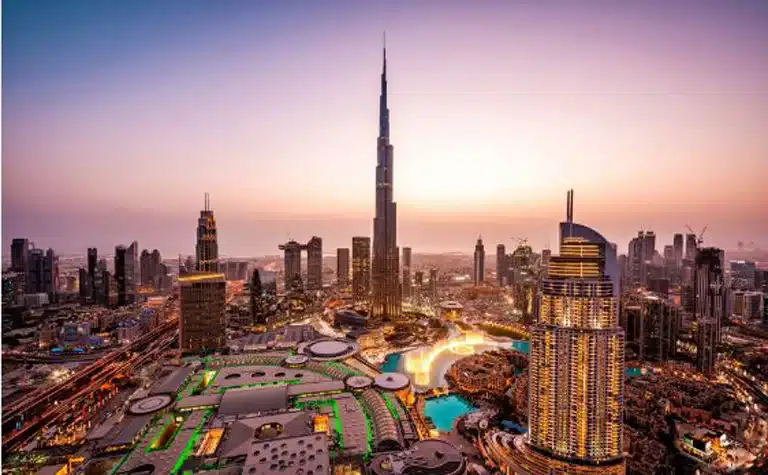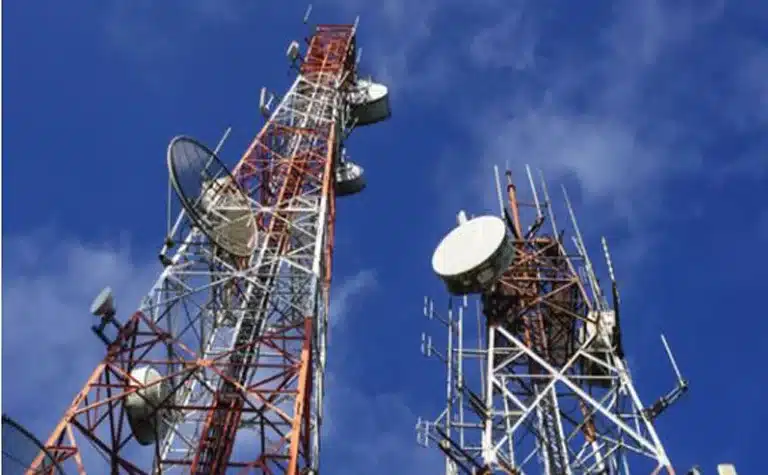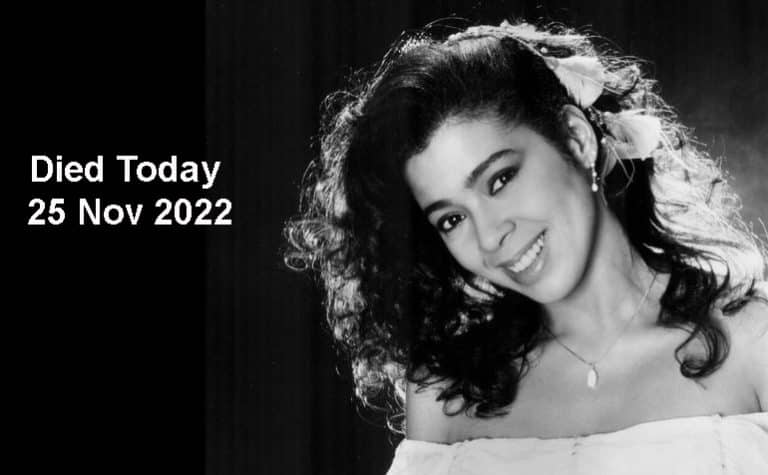The Historical Journey of Arabic Coffee in the UAE
As a core component of the Arab lifestyle, Gahwa, or as globally known, Arabic coffee, holds a sacred place in the UAE. This quintessential beverage, with its roots firmly planted in Arab customs, encapsulates the essence of traditional hospitality and is a favorite across the entire Arabian Peninsula. Its name “Gahwa” transforms as it travels through various Arab nations, often referred to as ‘aweh in Egyptian Arabic, yet the value remains the same.
Arabic Coffee In UAE
Introduction to the Essence of Gahwa
As a core component of the Arab lifestyle, Gahwa, or as globally known, Arabic coffee, holds a sacred place in the UAE. This quintessential beverage, with its roots firmly planted in Arab customs, encapsulates the essence of traditional hospitality and is a favorite across the entire Arabian Peninsula. Its name “Gahwa” transforms as it travels through various Arab nations, often referred to as ‘aweh in Egyptian Arabic, yet the value remains the same.
The Historical Journey of Arabic Coffee in the UAE
Where did coffee originate? It’s said that Arabian shepherds were the first to witness the invigorating properties of a certain berry. This seemingly insignificant discovery set the stage for the Arab world to become pioneers in coffee culture, centuries ahead of the Western world. The terms ‘koffie’ in Dutch and ‘Coffee’ in English can be traced back to the Arabic ‘Qahwah,’ underscoring the historical importance of this brew. UNESCO, recognizing the birthplace of Gahwa as the Arabian Peninsula, listed Arabic coffee and Majlis as Intangible Cultural Heritages in 2015.
Traditional Preparation of Gahwa: The UAE’s Signature Coffee
The preparation of Gahwa requires precision and high-quality Arabica coffee beans, which constitute 80% of the global coffee market. The beans are finely ground into powder, mixed with various spices, and then boiled in a traditional pot, called Dallah. Once foam appears, the mixture is then simmered for 10 minutes before being served. It’s noteworthy that Arabic coffee is typically served without sugar, unlike its Western counterparts.
Serving Arabic Coffee: The Etiquettes and Norms
How to serve Arabic coffee is an art in itself. After the brewing process, the coffee is allowed to rest for the foam to settle and the grounds to sink. It is then carefully poured into tiny cups called Finjaan. While you can use espresso mugs if finjaan is not available, remember that serving it in traditional utensils adds to the authenticity of the experience.
The Renowned Gahwa of Arabia
From Turkish coffee to the Gahwa of the UAE, the flavor profile varies. The UAE’s gahwa is distinguished by its unique preparation method, which infuses the coffee with local spices like cardamom and saffron, rendering a taste that leaves a lasting impression.
Top Locations to Experience Arabic Coffee in the UAE
Numerous locations in Dubai offer an authentic Gahwa experience. Khan Murjan, nestled in the Wafi Mall, transports you to Syrian culture through its decor and traditional Arabic cuisine. The Coffee Museum in Al Fahidi District, Café Bateel with its outlets across Dubai, and H’S Coffee in Al Bateen, Abu Dhabi, serve a variety of Arabic coffee, from the classic brew to inventive flavors.
Best Outlets to Purchase Arabic Coffee in Dubai
The Raw Coffee Company, Boon Coffee, and Orbis Coffee are among the best places to buy Arabic coffee in Dubai. With coffee beans sourced from the best regions, these outlets offer diverse options, from plain Arabic coffee to gourmet and flavored options. So, whether it’s Ethiopian Guji beans from Raw Coffee Company, Harrar or Yirgacheffe from Boon Coffee, or the traditional Arabic Coffee with Cardamom from Orbis Coffee, each place presents its unique and flavorful selection to coffee enthusiasts.
The Advantages of Arabic Coffee: A Healthy Brew
The Arabic coffee benefits are not just limited to its cultural significance and unique flavor. When consumed in moderation, it provides several health benefits. It’s rich in antioxidants, and studies suggest that it can help in reducing the risk of several diseases, further amplifying its appeal.
Conclusion: The Continued Legacy of Arabic Coffee
Whether you call it Gahwa, Arabic Coffee, or ‘aweh, one thing is clear: this brew is more than just a beverage. It’s a symbol of Arab hospitality, a link to history, and a testament to the region’s rich cultural fabric. Its traditional brewing method in a Dallah, the serving etiquette in a finjaan, and its numerous health benefits make it a distinctive part of the Arabian lifestyle. As we have explored the history, culture, and best places to enjoy it, we hope that you are now equipped with a deeper understanding and appreciation of Arabic coffee. You can find the best place and find your desired recipes and fast food.







